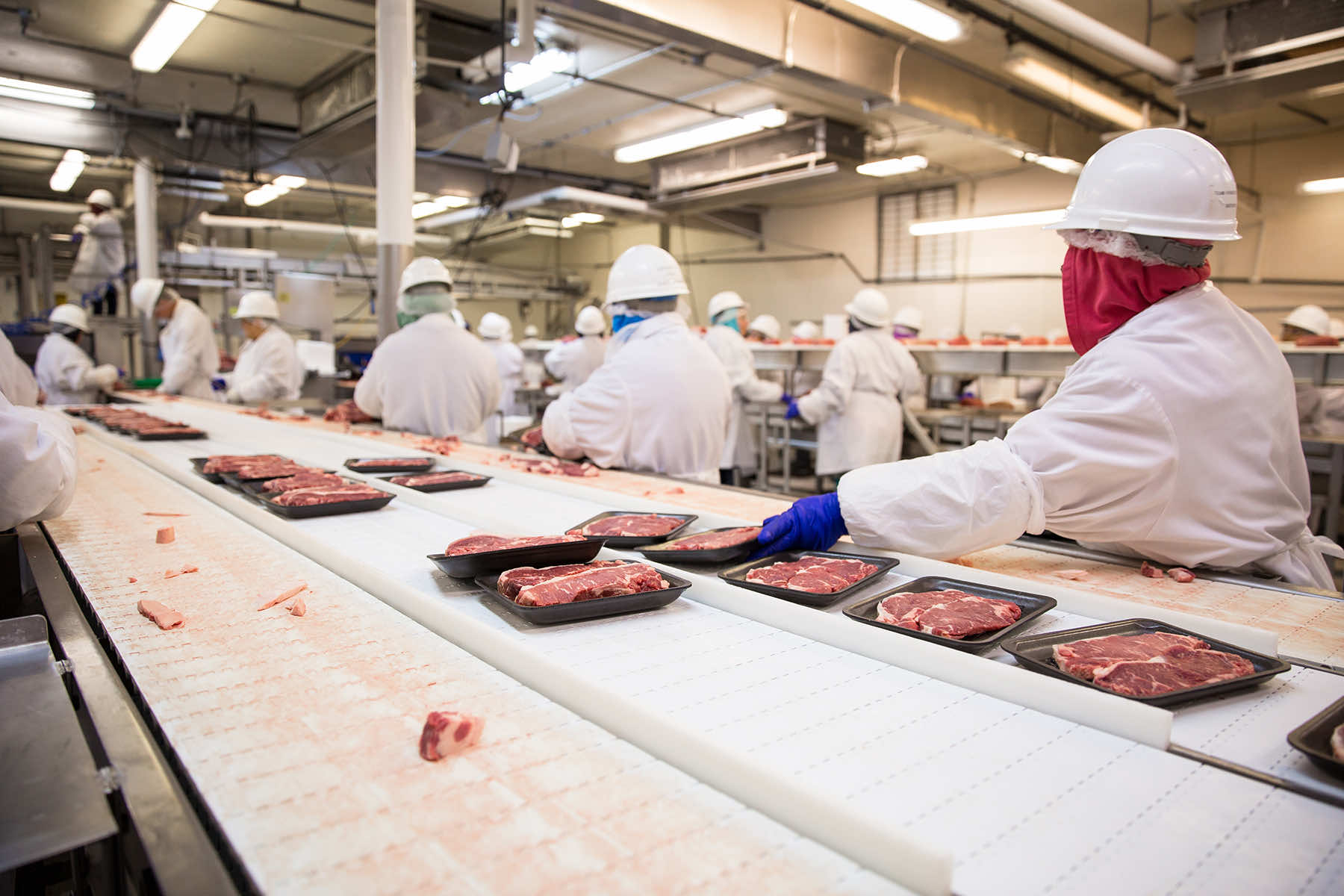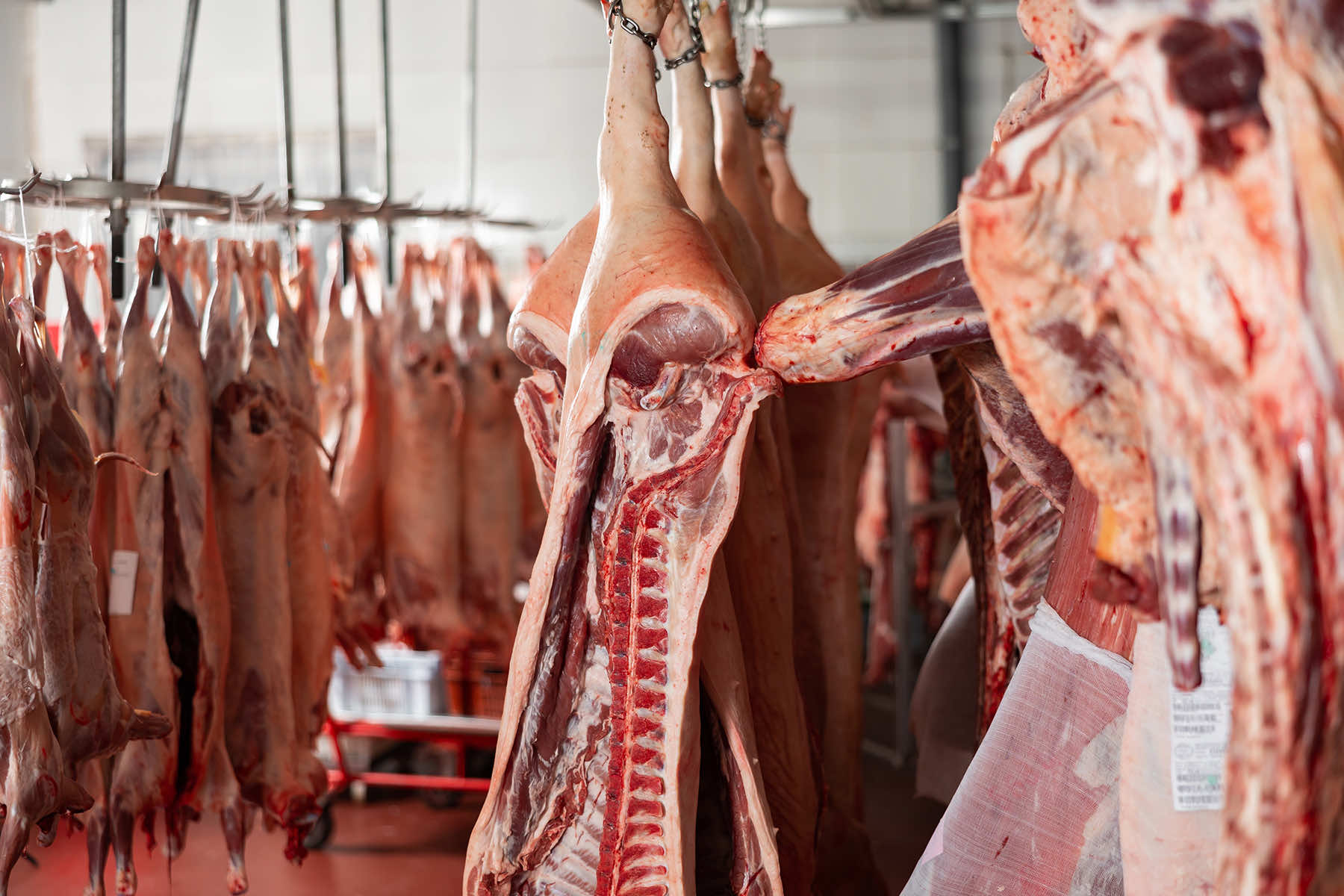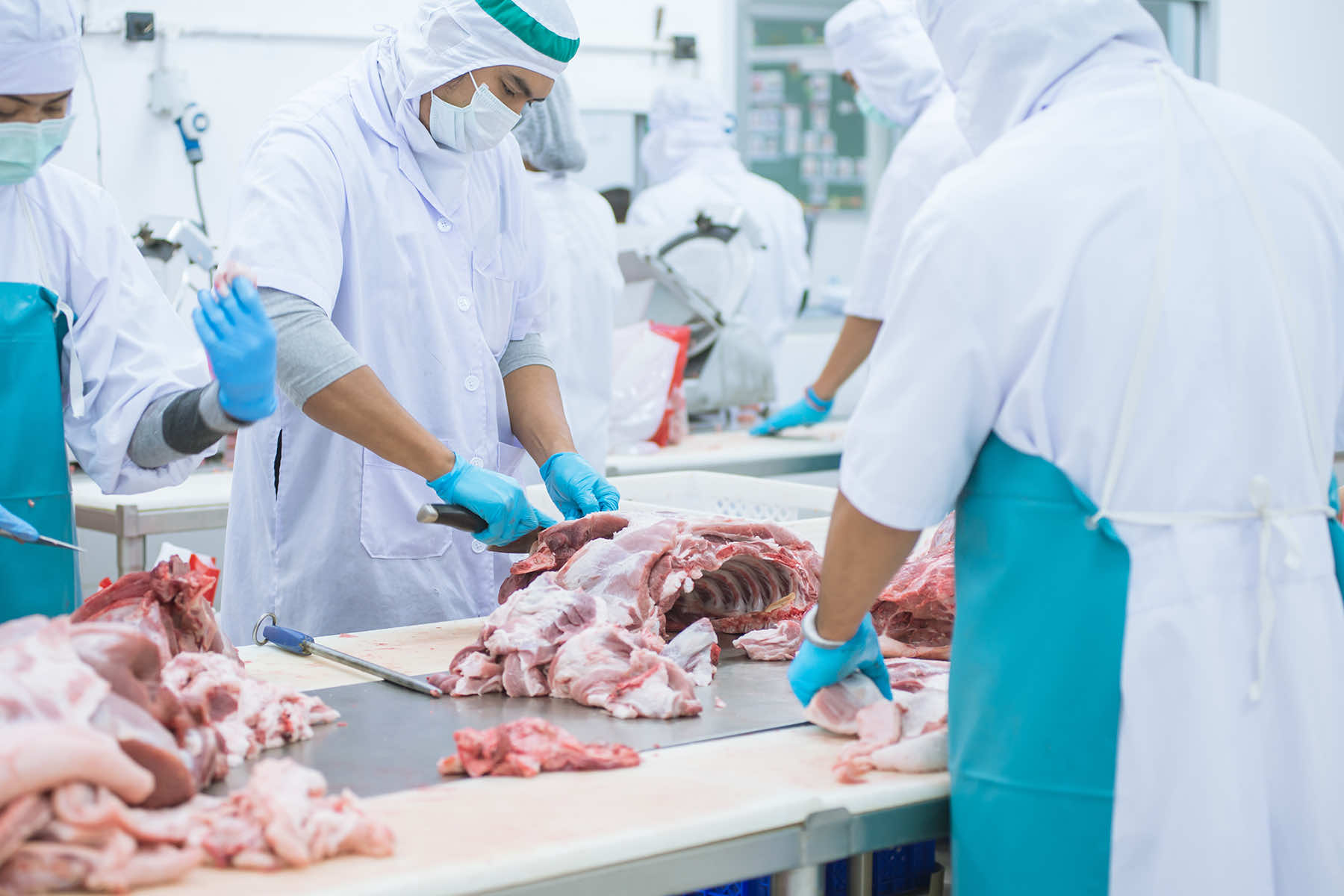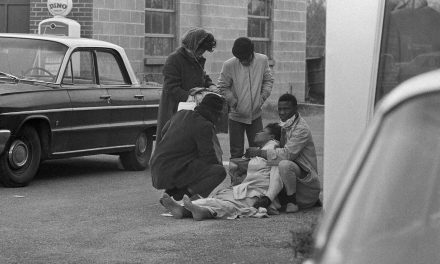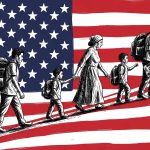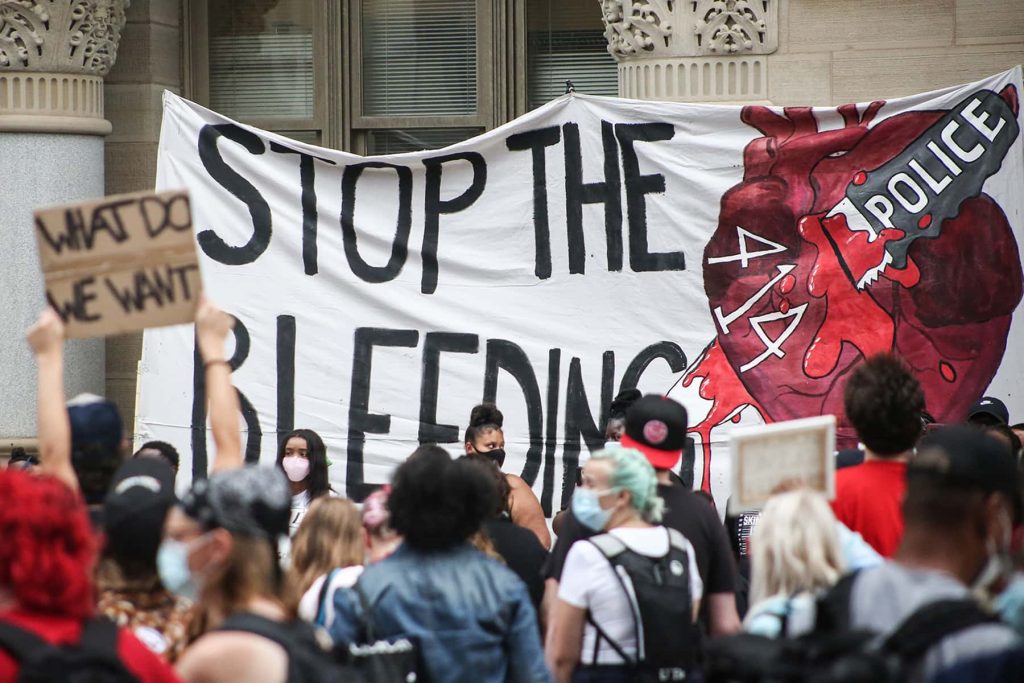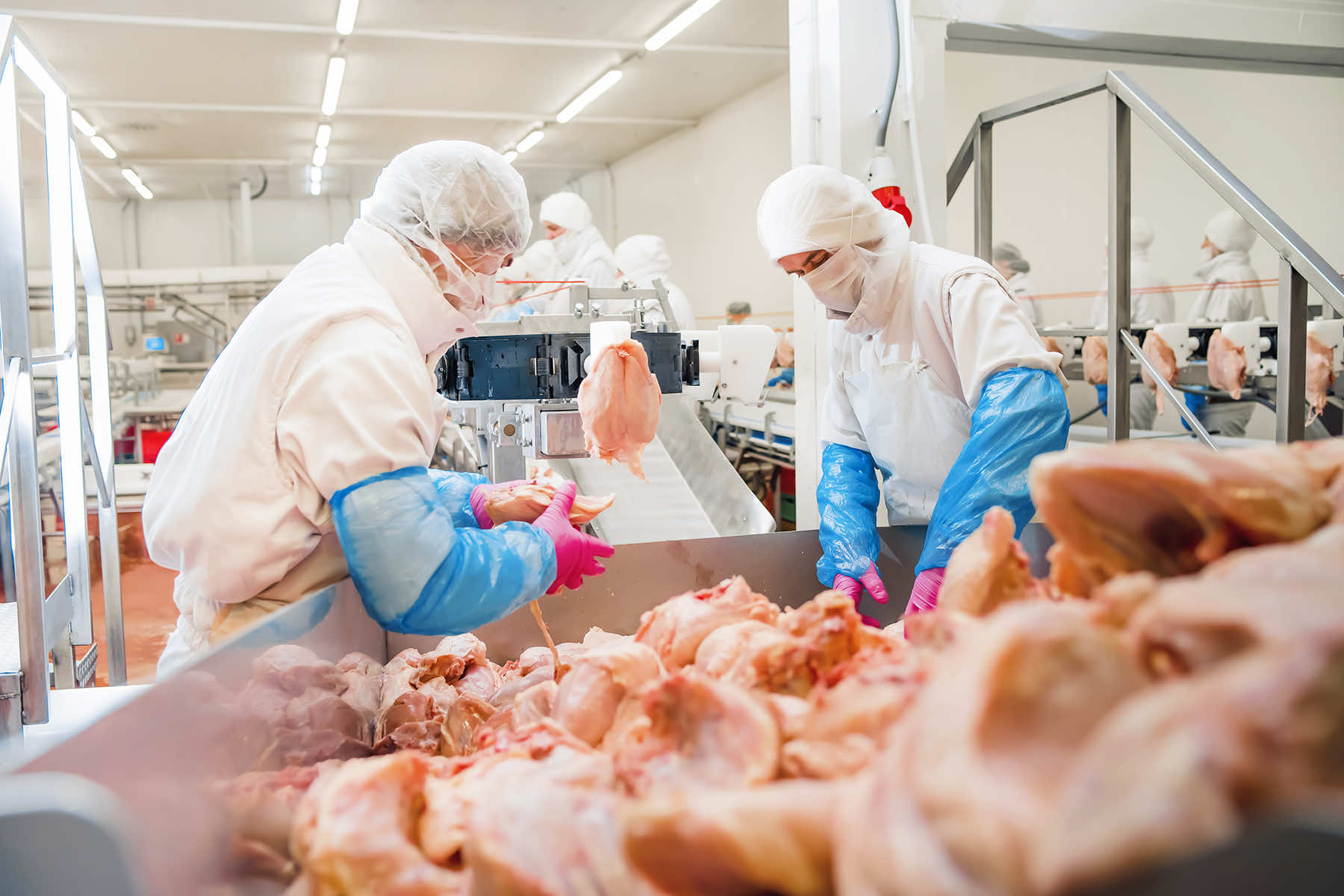
At the height of the COVID-19 pandemic, while much of the country sheltered at home, thousands of immigrant and undocumented workers stood shoulder-to-shoulder in meatpacking plants, processing lines, and slaughterhouses.
They worked under fluorescent lights in rooms so cold their hands cramped, breathing air thick with the smell of blood and disinfectant. Masks were scarce. Distancing was impossible. The virus spread like wildfire.
These workers — many from Mexico, Central America, and refugee communities from Southeast Asia and Africa — were labeled “essential” by federal order.
That designation meant they were expected to keep showing up even as infectious case numbers exploded, often in the very counties where these plants operated. In some towns, the local hospital was overwhelmed within days of an outbreak at a single facility.
Data from the Centers for Disease Control and Prevention later confirmed what worker advocates had been shouting: infection rates in meat and poultry plants were among the highest of any industry. In Iowa, Nebraska, South Dakota, and Wisconsin, entire shifts tested positive within a matter of weeks. Dozens died. Many more carried the virus home, infecting family members and neighbors.
Yet the slaughter lines did not slow, because Americans demanded their bacon. Industry lobbyists pressed the Trump administration to invoke the Defense Production Act to keep plants open. Executive orders were signed, not to protect workers with enforceable safety standards, but to shield companies from liability if those workers got sick or died.
The message was unmistakable. Immigrant labor was critical, but immigrant lives were not.
Today, those same workers — the people whose hands ensured that Americans could keep buying pork products like ham and sausage during lockdowns — are being targeted for removal under the Trump regime’s sweeping deportation agenda.
Immigration and Customs Enforcement has intensified raids on worksites, neighborhoods, and even courthouses. Detainee numbers are climbing. Deportation flights are increasing.
The political rhetoric that once called them essential now brands them a threat. The economic necessity that justified exposing them to a deadly virus has evaporated in favor of a nationalist campaign to “restore” jobs to American-born workers, jobs that history shows most Americans will not take.
The cruelty is not just policy. It’s cultural. Across the Midwest, in cities like Milwaukee, immigrant families live next door to neighbors who, in 2020, applauded them as heroes. Now those same neighbors look away when ICE vans roll down the block. Some quietly cheer the removals, convinced by talk radio or Facebook posts that these workers are the cause of economic insecurity, rather than its exploited victims.
This is not simply political hypocrisy. It is a moral collapse. The pandemic proved beyond dispute that America’s food system rests on the backs of immigrant labor. Pork processing plants, in particular, rely heavily on undocumented workers to do the grueling, dangerous work of slaughter and disassembly.
According to the U.S. Department of Agriculture, more than half of all meatpacking workers are immigrants. Without them, production slows, costs rise, and shelves empty.
Yet the current wave of deportations is treated as a show of strength, a performance meant to reassure a political base that someone is being punished for the country’s problems. The reality is that these raids destabilize communities, devastate families, and threaten the very industries that survived COVID only because immigrant labor refused to collapse under the weight of the crisis.
And the cruelty extends beyond Washington. The willingness of ordinary Americans to ignore or endorse this reversal reveals a selfishness that is not new, but was laid bare during the pandemic. While immigrant workers stood in cold factories breathing recycled air full of a contagious virus, many Americans were panic-buying bacon, piling packages into freezers. The sad reality is that the meat they hoarded may well have been cut, packaged, and shipped by the very people they now want deported.
The political machinery driving these removals thrives on the dehumanization of the very people who kept the infrastructure of this country functioning.
It relies on an American public conditioned to see immigrant labor as both indispensable and disposable, a contradiction that is only sustainable if workers remain invisible. During COVID, they could not be hidden. Outbreaks made their presence undeniable. Now, as the urgency of the pandemic has faded, the national gaze is averted once more, clearing the way for aggressive deportations.
Industry leaders, who once pleaded with federal officials to keep their workforce intact, have largely stayed silent as deportations rise. A handful have issued generic statements about the need for “balanced immigration reform,” but most avoid public confrontation with the Trump regime for fear of retaliation.
Such silence is not neutrality. It is complicity. It allows the narrative to calcify that deportation is an act of justice rather than an economic self-inflicted wound.
The numbers alone should dismantle that fiction. The National Pork Producers Council and other industry groups have long acknowledged that labor shortages in meatpacking are chronic, not temporary. Even with higher wages offered in certain plants after COVID, domestic recruitment falls short. The jobs are grueling, injuries are common, and the pace of work is punishing. The notion that native-born workers will simply step in once immigrants are deported is a fantasy.
But fantasy has always been a powerful driver of policy in the Trump era. During the pandemic, the fantasy was that the food supply could remain stable without risk to workers. Now, it is that mass deportations will restore prosperity. In both cases, the truth is less flattering. Economic stability has been built on sacrifice. Not by those in power or those who cheer from the sidelines, but by the people with the least protection and the most to lose.
Milwaukee is not immune to these contradictions. In neighborhoods where immigrant families have lived for decades, ICE patrols are a constant threat. Parents are afraid to take their children to school or to the grocery store. Informal warning networks have sprung up, but fear still ripples through entire blocks at the sight of unmarked SUVs.
This is what deportation as social terror looks like: a constant, grinding anxiety that keeps people quiet, compliant, and out of public view.
It is impossible to reconcile the narrative of 2020, of “essential” workers honored for keeping America fed, with the reality of 2025, in which those same people are cast as enemies of the state. The only way to bridge that gap is to accept that the honor was hollow, the gratitude performative. It lasted only as long as their labor was needed to keep the shelves stocked and the grills sizzling.
The question, then, is not whether America can survive without these workers. The question is whether America can face itself in the mirror once they are gone. Because the departure of these laborers will not be followed by a wave of native-born citizens taking their place in slaughterhouses and processing plants. What will follow is a shortage, price hikes, and eventually, the quiet realization that the nation has driven away the very people who held it together when it mattered most.
Bacon will still appear in the supermarket — at a higher price, in smaller quantities, produced with corners cut in safety and quality. But the true cost will remain hidden, paid in the dismantling of communities, the separation of families, and the erosion of any claim to moral authority in how America treats those who labor for its prosperity.
In the end, the hypocrisy is total. These workers were deemed essential only to ensure that White America could continue its routines uninterrupted during a crisis. Now, stripped of that temporary necessity, they are recast as expendable. That is not just political opportunism, it is a reflection of a deeper rot in the national character.
It is a readiness to consume without conscience, to praise in one moment and persecute in the next, to believe that dignity and belonging are privileges reserved for a select few. When the next crisis comes — and it will — the same pattern will play out far worse unless this hypocrisy is rejected.
Until then, the sound of immigrants working on assembly lines will be replaced by the silence of houses left empty, their former occupants deported not because they were a threat, but because their usefulness to White America had reached its end.
© Photo
Foatman, El Nariz, Nataliia Maksymenko, and BearFotos (via Shutterstock)

